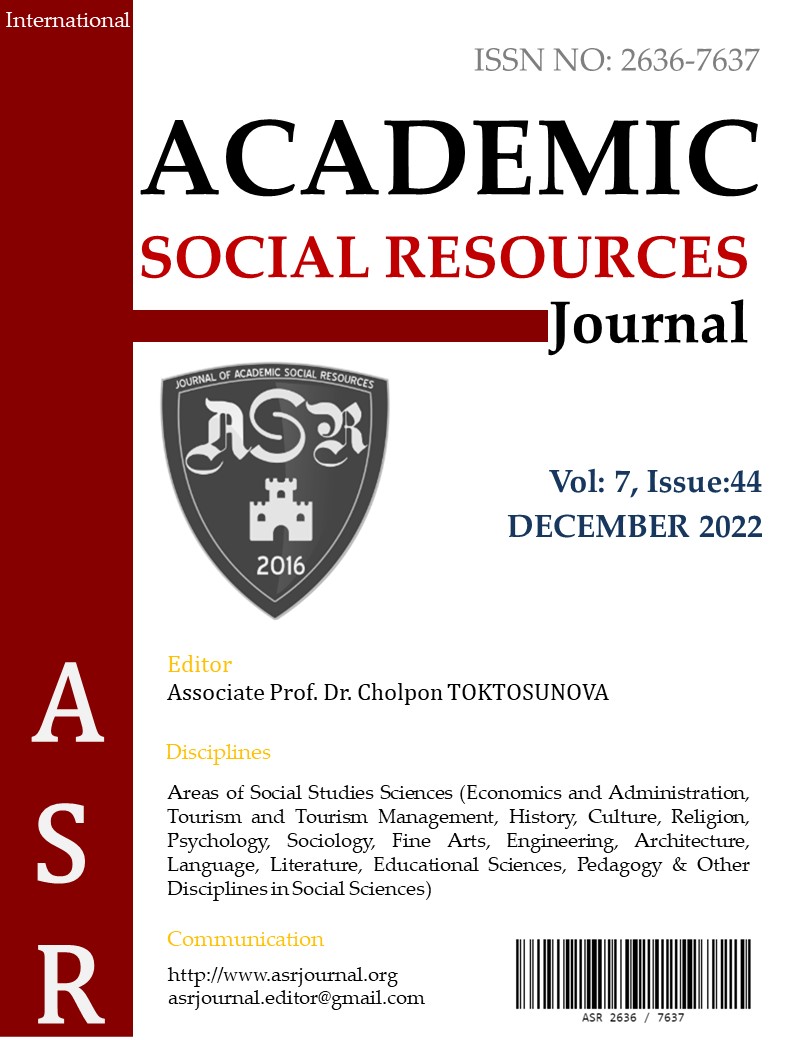Author :
Abstract
Tanrısal haklar ve Tanrısal hukukun yerine akıl, bilgi ve bireyi önceleyen doğal haklar ve doğal hukuku rehber edinen Aydınlanma Felsefesi küresel çapta büyük ve önemli değişimlere yol açmıştır. Bu anlamda aydınlanma felsefesi, modern hayatın kuruluşunda üstlendiği fonksiyon açısından, oldukça öneme sahiptir. Öyle ki Ortaçağ’ın sona ermesi ve Rönesans ile beraber ciddi ivmeye kavuşan Avrupa modernleşmesinin önemli dönemeçlerinden birisi konumundaki Aydınlanma, desteklediği söylem, fikir ve tasarımlardan ilhamla kısa sürede kapsamlı dönüşümün sağlanmasına yol açmıştır. Ancak savaşlar ve eşitsizlikler göz önüne alındığında, 21. yüzyıla gelindiğinde kimse modernite olgusunun başarılı olduğunu, insana özgürlük getirdiğini ve 18. yüzyılda öngörülen Aydınlanmacı hedeflere vardırdığını iddia edemez. Hakikaten de günümüzde Aydınlanma ve moderniteye yönelik tenkitler, moderniteyi bir değişim projesi şeklinde savunan sosyolojik çalışmalardan sayısal olarak daha çoktur. Modernite ve Aydınlanma tenkidi sadece sosyal bilimlerde değil, edebiyat ve sanat alanlarının büyük kesimlerinde benimsenmiş yaygın bir temayüldür. Bu noktada Hegel ve 19. yüzyıl romantik düşünürlerin Aydınlanmaya yönelttikleri en önemli tenkit, insanın ve doğanın tek bir açıdan irdelenmesi ve böylece toplumsal dönüştürme sürecinin de evrenselliğinin iddia edilmesidir. Bu tarz tenkitler günümüz filozoflarından, örneğin Charles Taylor ve Michel Foucault tarafından da yapılmıştır. Bahsi geçen aydınlar Aydınlanmanın tek tip özne, yani birey ve toplum anlayışı önerisinden farklı olarak bireysel ve kültürel farklılıkların önemine dikkat çekmişlerdir. Dolayısıyla bu düşünürlerce evrensel kültür ve insan projesinin oldukça tehlikeli sonuçlarının görülebileceği dile getirilmektedir.
Keywords
Abstract
The Enlightenment Philosophy, which prioritizes reason, knowledge and the individual instead of divine rights and divine law, and natural law, has led to great and important changes on a global scale. In this sense, the philosophy of enlightenment has a great importance in terms of the function it assumed in the establishment of modern life. So much so that the Enlightenment, which is one of the important turning points of European modernization, which gained serious momentum with the end of the Middle Ages and the Renaissance, led to a comprehensive transformation in a short time, inspired by the discourse, ideas and designs it supported. However, considering the wars and inequalities, in the 21st century, no one can claim that the phenomenon of modernity was successful, brought freedom to people and reached the Enlightenment goals envisaged in the 18th century. Indeed, today, the criticisms against the Enlightenment and modernity are numerically more numerous than the sociological studies that advocate modernity as a project of change. The criticism of modernity and the Enlightenment is a common trend adopted not only in the social sciences, but also in large parts of the literature and arts. At this point, Hegel and the 19th century. The most important criticism of romantic thinkers towards the Enlightenment is that man and nature are examined from a single perspective and thus the universality of the social transformation process is claimed. Such criticisms have also been made by contemporary philosophers, such as Charles Taylor and Michel Foucault. The aforementioned intellectuals drew attention to the importance of individual and cultural differences, unlike the Enlightenment's proposal for a single type of subject, that is, individual and society understanding. Therefore, it is stated by these thinkers that the very dangerous consequences of the universal culture and human project can be seen.





